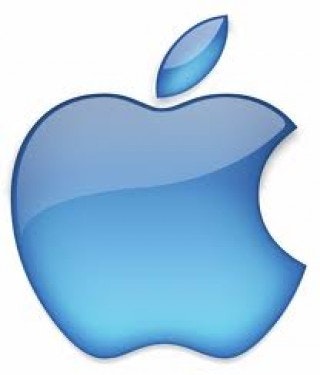Apple Inc. (NASDAQ:AAPL) has tried to pursue a distribution deal with Chinese telecom operator China Mobile Ltd. (ADR) (NYSE:CHL) since 2009, but both companies have yet come to an agreement because of conflicting business models. Investors have watched Apple’s sales growth in China suffer against low-priced smartphones this year. A partnership with China Mobile Ltd. (ADR) (NYSE:CHL) offers Apple Inc. (NASDAQ:AAPL) a large distribution channel to attract new consumers, while China Mobile can expand its 3G subscriber base ahead of local telecom rivals with iOS products.

In the second quarter, smartphone vendors shipped about 238.1 million smartphones globally, up 50% from 158.3 million in the year-ago quarter, according to estimates from Canalys. China accounted for 37% of worldwide shipments, about 88.1 million smartphones, making it the world’s largest smartphone market by volume.
| Vendor | Shipments (millions) | Market share (%) |
|---|---|---|
| Samsung | 15.5 | 17.6 |
| Lenovo | 10.8 | 12.3 |
| Yulong (Coolpad) | 10.7 | 12.2 |
| ZTE Corp. | 7.7 | 8.7 |
| Huawei | 7.5 | 8.6 |
| Xiaomi | 4.4 | 5.0 |
| Apple | 4.3 | 4.8 |
| Others | 27.1 | 30.8 |
This chart illustrates Q2 2013 smartphone data. Source: International Business Times
Apple Inc. (NASDAQ:AAPL) has struggled to gain momentum in the Chinese market over the past year. China’s smartphone growth is coming from mid- to low-end price segments, making it difficult for Apple to penetrate with its premium device. Apple’s market share in China halved to 4.8% from 9% a year-ago — its lowest percentage of market share since the fourth quarter of 2010.
For years, Apple Inc. (NASDAQ:AAPL) has strongly focused on the premium smartphone segment, while Samsung and Chinese vendors sell smartphones in various price segments to serve different consumers and needs. Reuters, in June, reported that Apple is interested in developing a cheaper iPhone model, which is now rumored to be the iPhone 5C. Such a move poses the risk of reducing gross margins and cannibalizing premium iPhones, but analysts believe Apple needs to launch a lower-priced iPhone to compete and bolster growth in developing markets.
Samsung remained the top smartphone vendor in China with 17.6% market share on 15.5 million smartphone shipments. Globally, Samsung and Apple Inc. (NASDAQ:AAPL) showed 55% and 20% growth, respectively, although they lost global market share to Chinese vendors. Chinese vendors collected 20% of the global smartphone market in the second quarter.
Seoul, South Korea-based Samsung has identified and adjusted its marketing focus on the rapid growth in China’s smartphone market, particularly the mid- to low-end segment. According to Antonio Wang, an analyst at IDC China, Samsung has shifted from competing to preserving its market share in the Chinese higher-end smartphone market against premium phone makers such as Apple.
Samsung has begun to “strive for market for products under $200, which has so far been dominated by domestic brands. However, Apple leverages the incentive policies for channels to inspire the shipments of iPhone 4, further expanding its user base,” Mr. Wang said. Samsung’s new strategic move aims to recover lost sales and share from Chinese brands, while distancing itself further from Apple with new budget smartphones for price sensitive consumers.
China Mobile partnership
Tim Cook traveled to Beijing earlier this month to sit down with China Mobile Ltd. (ADR) (NYSE:CHL)’s Chairman Xi Guohua to discuss matters of cooperation. Government-owned China Mobile is the world’s largest mobile carrier with 740 million subscribers, which makes up 55% of China’s population. All of the top five vendors in China are available under China Mobile. Unlike local carriers China Telecom and China Unicom, China Mobile does not distribute iPhones.
Apple has been in talks with China Mobile Ltd. (ADR) (NYSE:CHL) since 2009, but both companies have yet to agree on price, subsidy amounts, and revenue sharing. At the 2012 China Mobile Worldwide Developer Conference, Li Yue, president of China Mobile, discussed issues that have prevented his company from reaching a deal with Apple. “Technology is not a problem. It’s mainly about business model and benefit-sharing issues,” he said to an audience.





